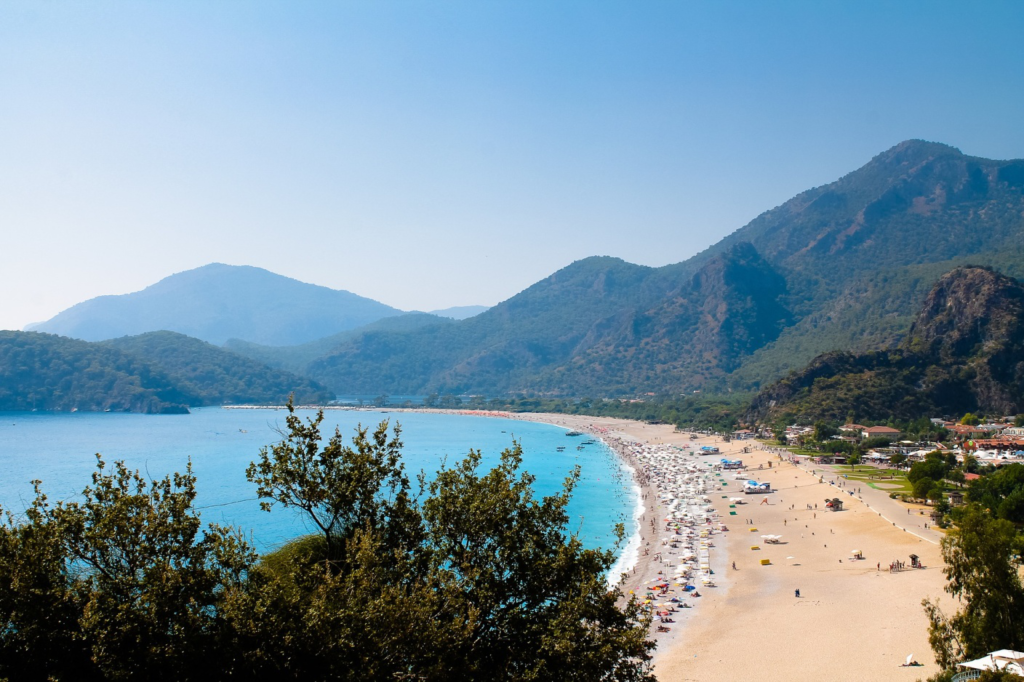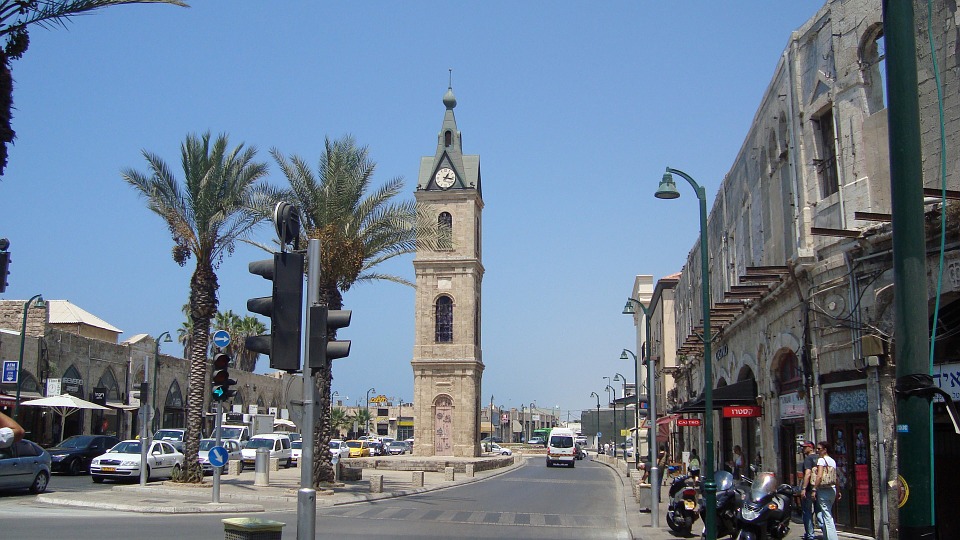Are You Planning to Visit the Dead Sea? Here’s What You shouldn’t Miss
The Dead Sea is undoubtedly one of the most popular tourist attractions Israel has to offer, and for good reason. […]
Are You Planning to Visit the Dead Sea? Here’s What You shouldn’t Miss Read More »


